With only a few working days left in the year, I think it's high time for another update on Play It Safe (especially since I may not get another chance to post again before January). So much has happened over the last few months, and I've really wanted to blog about it here regularly. Unfortunately, a documentary shoot I was on a couple of months ago caused a pretty serious flareup of my tendinitis and I haven't been able to type properly since then (consequently I'm actually writing this post using DragonDictate voice recognition, which I hope to review in the New Year). I'm about to head off for a couple of weeks of R and R before we start production early next year. Fingers crossed this will give my arms some more time to heal and I'll be back to blogging every week or so next year.
Mumblecore?
I’ve read stories where people like Kevin Smith recall seeing Richard Linklater’s “Slacker” and then they thought “my god, I can make movies too”. The film that did that for me was “Mutual Appreciation”, directed by Andrew Bujalski.
I first saw “Mutual Appreciation” at the 2006 Melbourne International Film Festival and it was an absolute revelation to me. I’d never seen anything like it. I found the stories interesting, I was fascinated by its naturalism, and I felt like for one of the first times I was watching characters who I could really relate to. They were doing and talking about things that I did myself. How to be a young artist. How to make it. Growing up and finding your way in life. I saw “Mutual Appreciation” and something clicked. It was as if someone had suddenly given me permission. I felt like I could now make the kinds of movies I wanted to, and maybe here was a way I could do it.
The Importance Of Protocol
I never went to film school, so I had to learn all the protocols of filmmaking on my own. I didn’t actually learn some of the basics until about three years into my career as an indie director. By this time I’d already won Best Australian Film at MIAF and been commissioned to direct a short docco for the BBC World Service. But still, I didn’t know the basic protocol of working on a film set. This was because of the way I’d come up - fiercely independent, making up the rules as I went. This approach got me some terrific results, but it also had its limitations.
Inevitably, my (lack of) knowledge was tested, and in quite an embarrassing way. Back in 2008 I had somehow managed to score a roll as First Assistant Director on my friend Alan Lam’s final honours film. I thought I knew enough about filmmaking, indie production, and visual storytelling to be of use, but it was a steep learning curve when it came to working with the crew.
Embracing Limitations
I believe that learning to work within limitations is an incredibly important part of being a filmmaker. On many (if not not all) projects it is simply a requirement. In addition to this, however, I believe that it can actually be a very big help to the creative process. This is something I learned early on in my film career and I still believe it today. Some of my best work has come out of the technical or logistical limitations I had to work with. So with every new project, instead of cursing the limitations and restrictions I face (even though sometimes it’s mighty tempting) I do my best to actually embrace them.
Welcome To The Real World
In late February this year I started work on a feature film project called "Ten Easy Steps". Six months (and a lot of work) later, that same project now has a completed script draft and a new title: Play It Safe.
Play It Safe is set to be my first feature film. I've already learnt a lot in the last six months and I'm sure I will be learning a whole lot more over the coming months (and probably years). I'm going to try to document this process as frequently and in as much detail as I can. I've gotten a lot of benefit from indie film websites like No Film School and Hope for Film so I hope I can give a little back that some of you might find useful.
